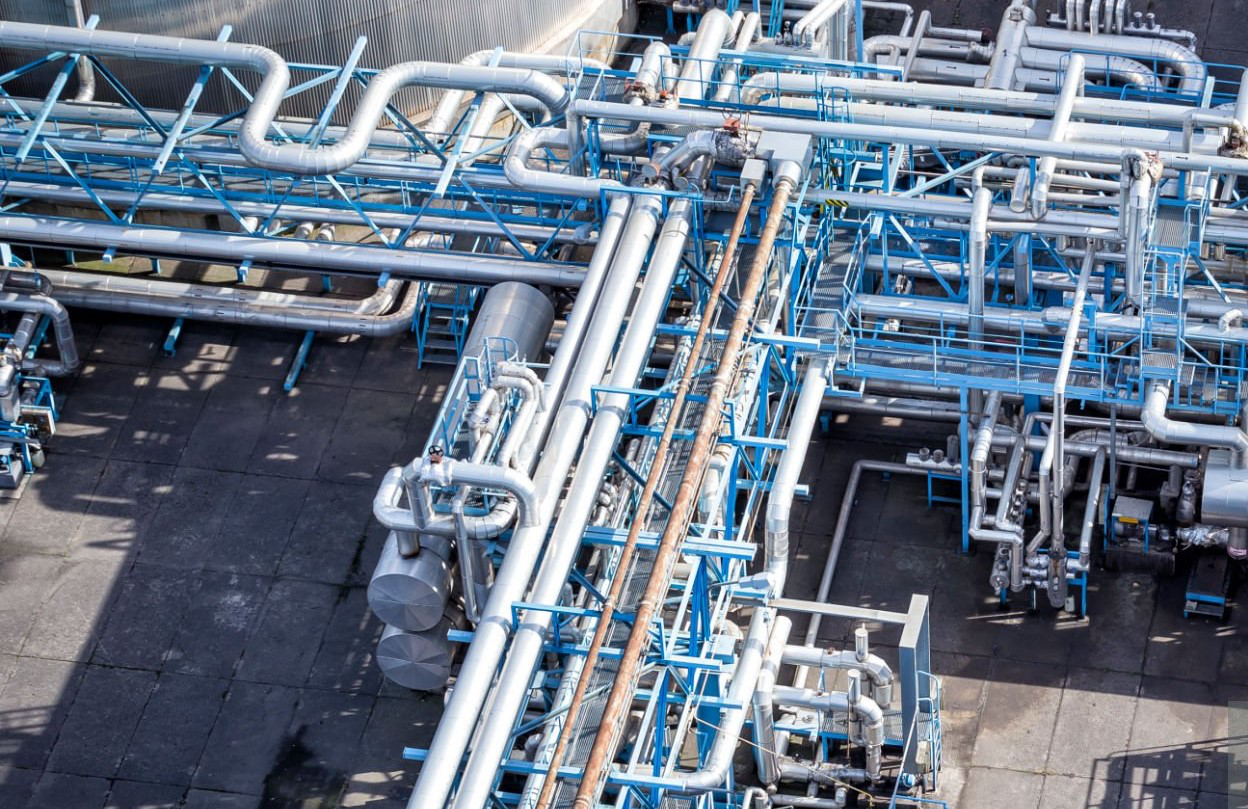

Upon completion of this course, attendees will be able to:
Chapter 1: Introduction to Pipelines
Chapter 2: Pipeline Design
Chapter 3: Pipeline Construction
Chapter 4: Pipeline Inspection
Chapter 5: Pipeline Maintenance and Repair
Chapter 6: Hydraulic Modeling
Chapter 7: Non-Metallic Pipes
Chapter 8: Case Studies and Projects
Group projects:
RECTUS attendance certificate will be issued to all attendees completing minimum of 80% of the total course duration
| Code | Date | Venue | Fees | Register |
|---|---|---|---|---|
| ME120-01 | 22-06-2026 | Dubai | USD 5450 | |
| ME120-02 | 03-08-2026 | Dubai | USD 5450 | |
| ME120-03 | 26-10-2026 | Dubai | USD 5450 | |
| ME120-04 | 07-12-2026 | Dubai | USD 5450 |
Providing services with a high quality that are satisfying the requirements
Appling the specifications and legalizations to ensure the quality of service.
Best utilization of resources for continually improving the business activities.
BTS keen to selects highly technical instructors based on professional field experience
Since BTS was established, it considered a training partner for world class oil & gas institution
1st floor, Incubator Building- Masdar City - Abu Dhabi - United Arab Emirates
Sun to Fri 09:00 AM to 06:00 PM
Contact Us anytime!
Request Info